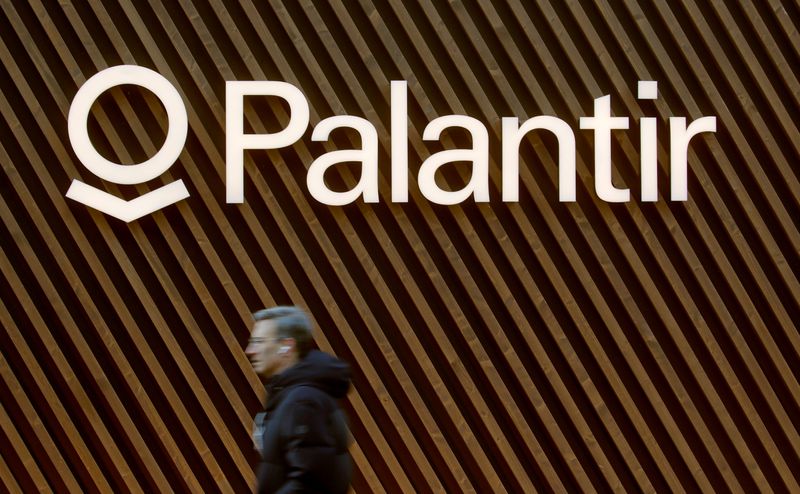Investing.com’s stocks of the week
By Christiana Sciaudone
Investing.com -- Palantir Technologies Inc (NYSE:PLTR) opened at $10 in its NYSE debut on Wednesday, a pop of 37.9%.
The New York Stock Exchange had set a reference price of $7.25 for the secretive data analytics company.
No shares change hands at the reference price, which acts as a guide to investors and is determined based on recent secondary trading performance, according to Bloomberg. At that price, Palantir would have a market value of about $16 billion. That’s less than the $20.8 billion to $28.2 billion that some analysts had estimated. Palantir won’t raise proceeds, Bloomberg said.
Peter Thiel, an early Facebook (NASDAQ:FB) investor, venture capitalist and former PayPay chief, co-founded Palantir 17 years ago. Government agencies and large companies use Palantir software to collect, analyze and map out large data sets.
The company went public via a direct listing in which existing shareholders sold stock to new investors rather than raising money through a traditional share sale. The opening price for a direct listing is determined by the market maker and the issuing company based on demand, and there’s no inherent discount for buyers.
Thiel controls Palantir shares valued at about $2.4 billion, based on a share price of $7.25, according to CNBC. Palantir traded as high as $11.50 in the private market last month.
“Palantir has had a pretty active market for the stock with market-based pricing for years,” Kelly Rodriques, CEO of pre-IPO marketplace Forge told CNBC. “It’s been down, up, down and back up again.”
In a recent filing, Palantir said it expects growth of 42% in 2020, totaling $1.06 billion in sales. Adjusted operating income is estimated at $121 million, for a margin of 11.5%.
On Tuesday, Palantir was awarded a $91 million contract with the Department of Defense to do research and development for the Army Research Laboratory (NYSE:LH).
Palantir has only 125 clients, but points to expanding software margins that come with making the technology more easily and widely deployable, CNBC said.
